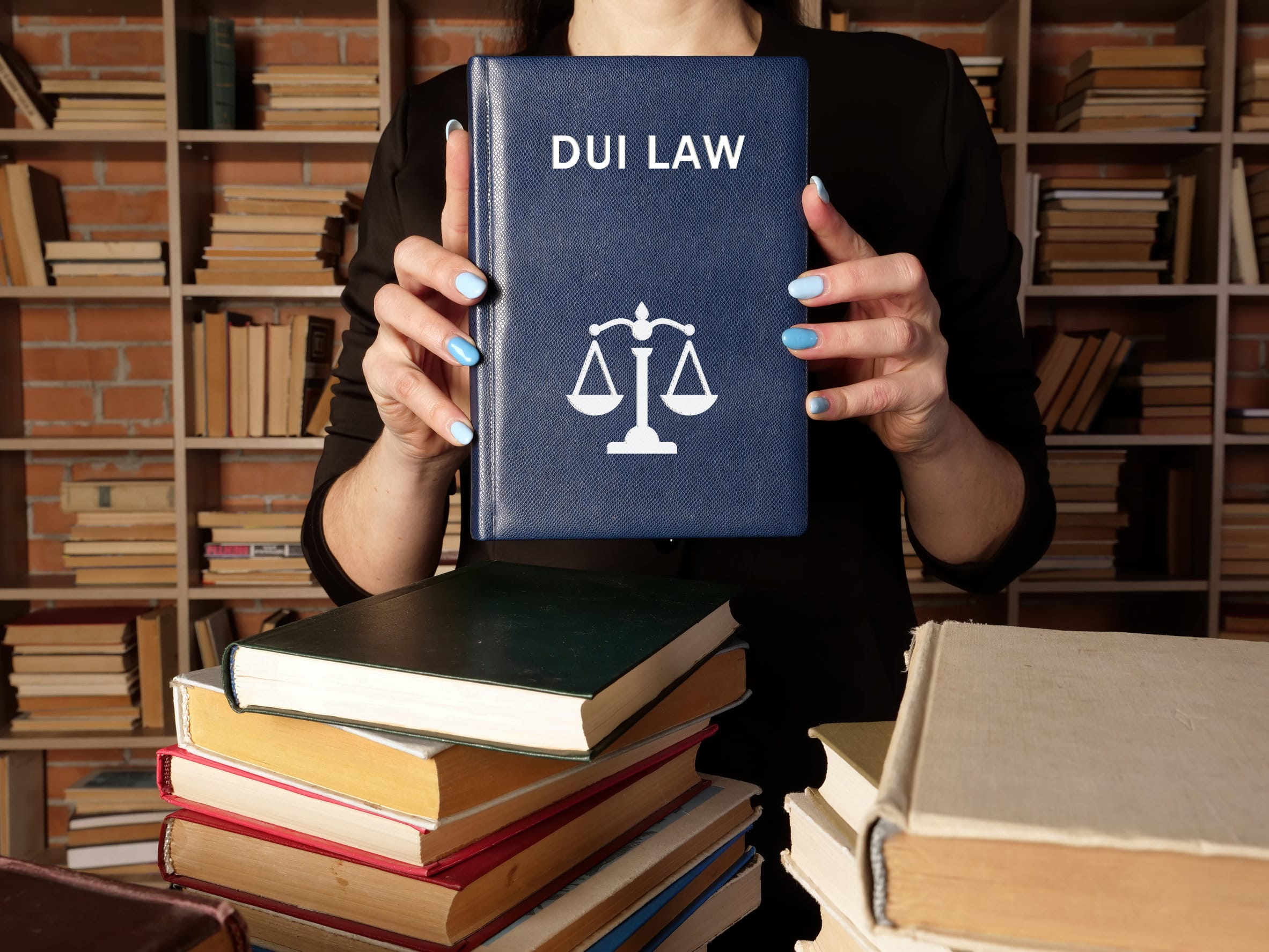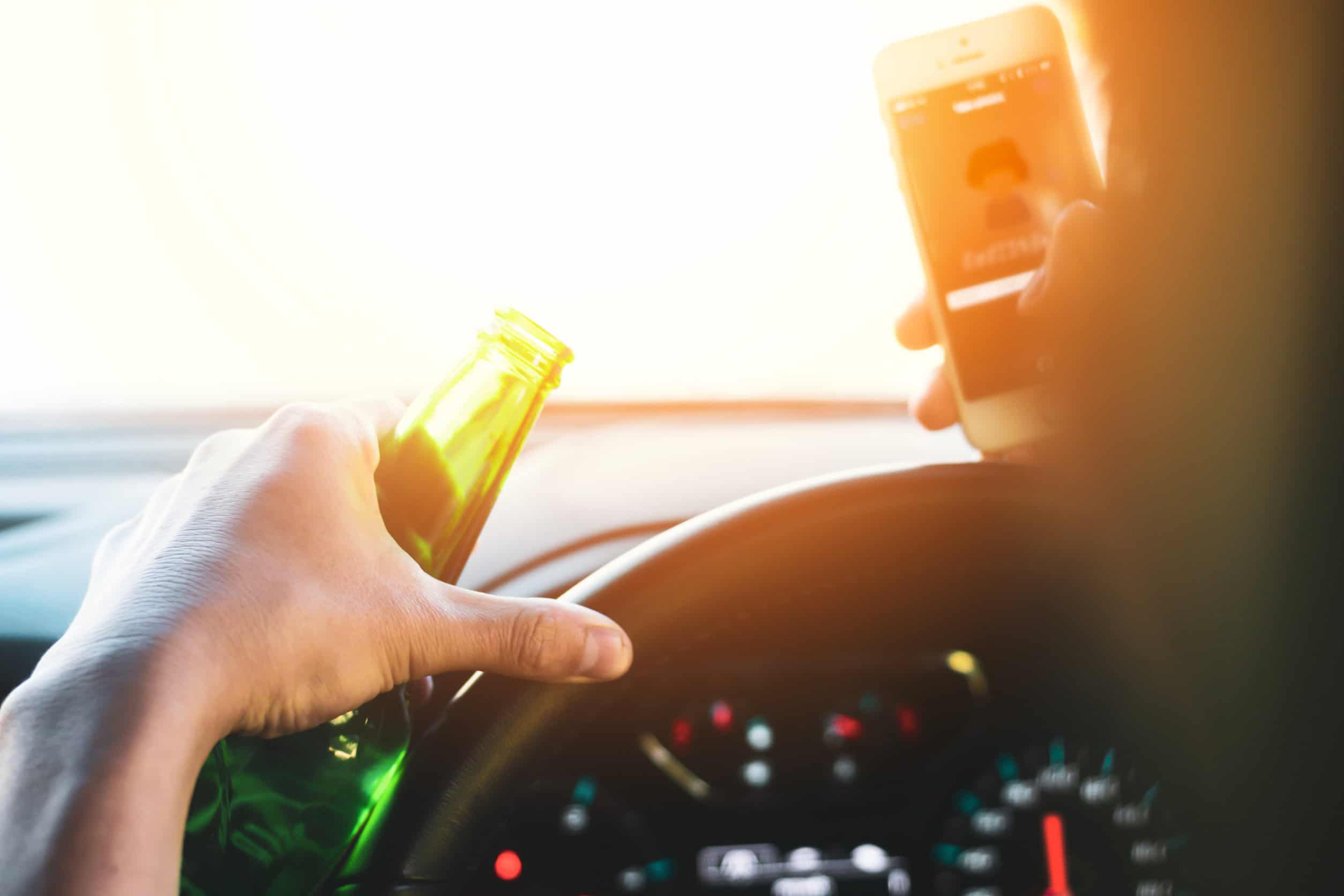The Minnesota Department of Public Safety states that drivers who operate vehicles while under the influence of alcohol, with a blood-alcohol level of 0.08 percent or higher, are breaking the law.
However, in Minnesota, DUIs, also known as DWIs, isn’t so black and white. The penalties faced by those who break the law can vary. It mostly depends on whether you are charged with a misdemeanor or a felony DWI in the state.
What is the difference between a misdemeanor and felony DWI in Minnesota, and what consequences can be faced? Read on to find out.
Different Types of DWIs in Minnesota
There are three levels of DWIs in Minnesota. They are a misdemeanor, gross misdemeanor, and felony. The penalties that can be faced if you are found guilty of a DWI depend on the level of crime being accused. Misdemeanors will have less severe penalties than felonies.
Misdemeanor DWI
In Minnesota, a misdemeanor DWI is often charged as a first, second, or third DWI. This is only charged in most cases if the blood alcohol level of the driver is between 0.08 percent and 0.16 percent.
The penalties for misdemeanor DWI include up to three months in jail, fines of $1,000, loss of license for three months, and future license restrictions.
Gross Misdemeanor DWI
Gross misdemeanors are often charged on first or second DWI offenses if the blood alcohol level of the driver is over 0.16 percent or twice the legal limit in the state. It can also be charged if a child was in the car during the offense, or the driver refuses to take a chemical test. A third DWI will automatically become a gross misdemeanor.
If you are found guilty of a gross misdemeanor DWI, then you can face:
- Up to 12 months in jail
- Losing your license for up to one year
- Pay up to $3,000 in fines
- Being required to install an ignition interlock device in your vehicle
- Having your vehicle forfeited or plates impounded
Felony DWI
You can be charged with a felony DWI in Minnesota if you:
- Have had three or more DWI convictions over the last 10 years
- Have a prior felony DWI
- The impaired driving led to the death or serious injury of another person
The penalties for a felony DWI include up to seven years in prison, fines of as much as $14,000, forfeiture of your vehicle or the impoundment of your license plates, and the cancellation of your driver’s license in connection with identification as a person who is a danger to public safety.
What About Commercial Drivers?
If you have a commercial driver’s license, you face stricter laws regarding driving while intoxicated than other people on the road. Your blood alcohol content cannot be legally above 0.04 percent, or you may be charged with a DWI.
Those with CDLs are prosecuted differently than other people. The penalties can be much stricter, as well. CDL drivers can even face penalties against their CDL if they are charged with a regular DWI crime.
A DWI can have a huge impact on your life, mostly negative. That’s why you need an experienced attorney to help deal with the charges against you. They will provide the best chances of defending yourself in court, so you don’t face dire consequences.
About the Author:
Christopher Keyser is an AV-Preeminent rated criminal and DWI defense attorney based in Minneapolis who is known for fighting aggressively for his clients and utilizing innovative tactics to get the most positive results. He has been featured in numerous media outlets due to the breadth and depth of his knowledge and named a Certified Specialist in Criminal Law by the Minnesota Bar Association. Mr. Keyser is Lead Counsel rated, and he has received recognition for his criminal law work from Avvo, Expertise, Super Lawyers, The National Trial Lawyers, and more.







